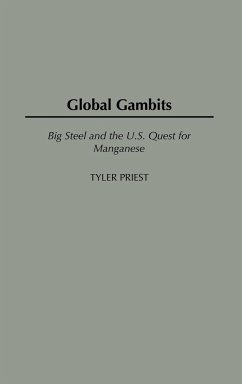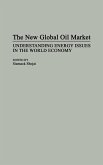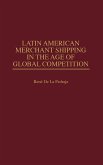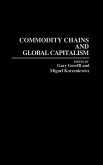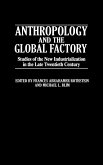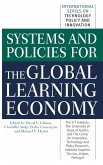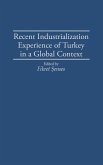From the 1890s to the 1960s, U.S. steel makers imported more than 70 million tons of high-grade manganese ore, a ferroalloy indispensable to steel production but rare in the United States. Using a commodity approach to highlight the webs of interest and conflict over raw materials that studies of bilateral diplomacy often overlook, Priest reveals the interconnected histories of far-flung mining regions around the globe and the unexamined role of the major U.S. steel companies in the U.S. search for foreign materials. The big manganese mines would emerge first in Brazil, Soviet Georgia, and India, and later in Gabon and South Africa, in a world market that was extremely competitive and inherently unstable. Market instability, caused in part by consumer control over the manganese trade, stimulated direct U.S. investments in mining beginning in the 1920s. During the 1930s and 1940s, concerns about access to manganese increasingly shaped U.S. mineral and foreign lending policies, which by the Cold War focused on supporting infrastructure development linked to strategic mining districts. Big manganese projects in Brazil and Gabon, undertaken by Bethlehem and U.S. Steel, respectively, dramatically restructured world supply and demonstrated the ways in which U.S. investment and aid imposed an export orientation in producing nations and widened the gulf between industrial and extractive regions of the world.
Hinweis: Dieser Artikel kann nur an eine deutsche Lieferadresse ausgeliefert werden.
Hinweis: Dieser Artikel kann nur an eine deutsche Lieferadresse ausgeliefert werden.

